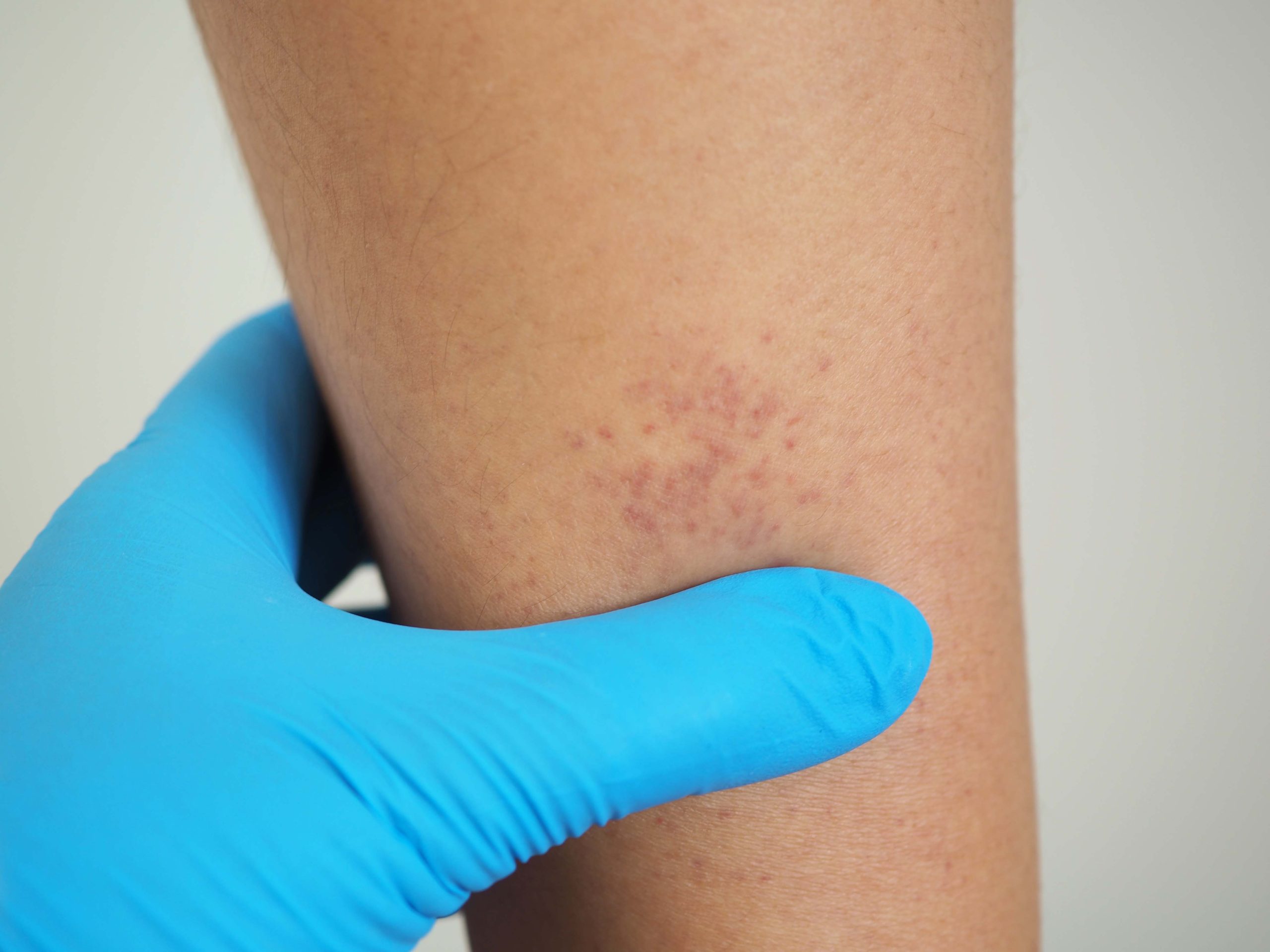
According to a study published in Annals of Hematology, although several therapies have been approved for use in immune thrombocytopenic purpura (ITP) after first-line treatment with splenectomy and rituximab, the effect of these agents on bleeding risk is underexplored. Investigators, led by Inbar Cohen, conducted a meta-analysis on recently-approved targeted therapies and found that “targeted therapies for ITP increase platelet counts, decrease bleeding events, and show a trend towards lower mortality without increased toxicity,” compared to placebo.
The meta-analysis included 752 adult patients from six randomized controlled trials for recent targeted therapies. Four targeted therapies of interest were selected from recently published professional treatment guidelines: one tyrosine kinase inhibitor and three thrombopoietin receptor agonists. The primary efficacy outcomes included platelet recovery to 50,000/µL or more, survival, and major and minor bleeding events. Investigators also calculated the odds ratios (ORs) for all adverse events recorded in the included articles.
According to Cohen and colleagues, targeted therapies for ITP were associated with a significantly lower risk for major bleeding (OR = 0.43; 95% confidence interval [CI], 0.21–0.91) and minor bleeding (OR = 0.66; 95% CI, 0.49–0.97) compared with placebo, as well as numerically lower mortality rates (OR = 0.24; 95% CI, 0.76 – 2.67).
Given the significant and numerical advantages seen in the analysis of targeted therapies for ITP compared to placebo—without increased toxicity—the authors proposed that their results support the use of these therapies as second-line treatment for patients with ITP.







 © 2025 Mashup Media, LLC, a Formedics Property. All Rights Reserved.
© 2025 Mashup Media, LLC, a Formedics Property. All Rights Reserved.